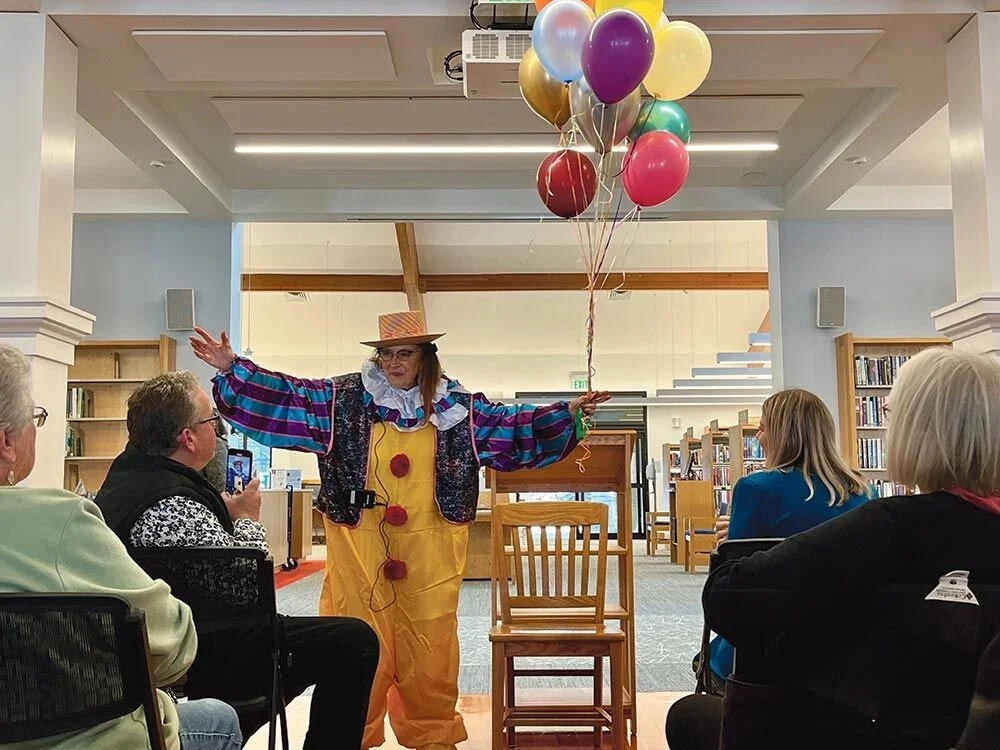DR. BARBARA MOSSBERG
PROFESSOR ⋅ POET ⋅ DRAMATURG ⋅ PUPPETEER ⋅ EDUCATIONAL LEADER ⋅
PROFESSOR ⋅ POET ⋅ DRAMATURG ⋅ PUPPETEER ⋅ EDUCATIONAL LEADER ⋅

MEMOIRIST ⋅ ACTOR ⋅ SCHOLAR ⋅ DRAMATIST ⋅ AUTHOR ⋅ RADIO HOST ⋅
MEMOIRIST ⋅ ACTOR ⋅ SCHOLAR ⋅ DRAMATIST ⋅ AUTHOR ⋅ RADIO HOST ⋅
MEMOIRIST ⋅ ACTOR ⋅ SCHOLAR ⋅ DRAMATIST ⋅ AUTHOR ⋅ RADIO HOST ⋅ MEMOIRIST ⋅ ACTOR ⋅ SCHOLAR ⋅ DRAMATIST ⋅ AUTHOR ⋅ RADIO HOST ⋅


Featured

“We need clowns to speak the truth, says Pacific Grove poet Barbara Mossberg.”






